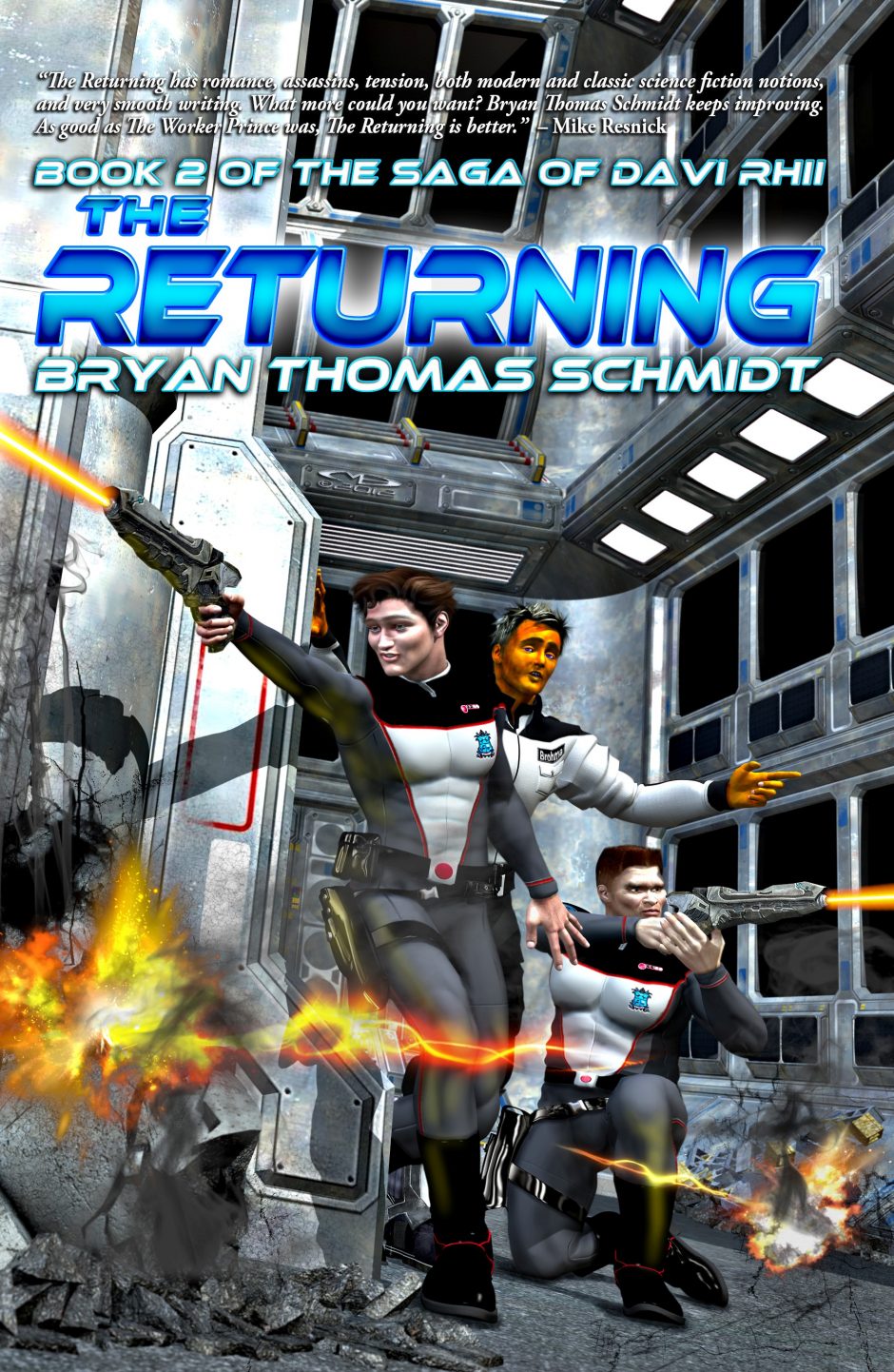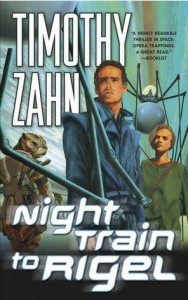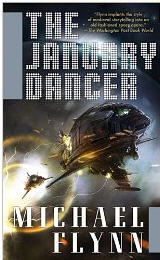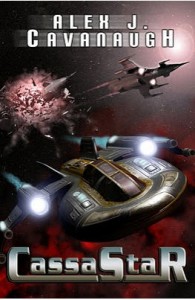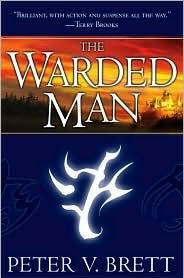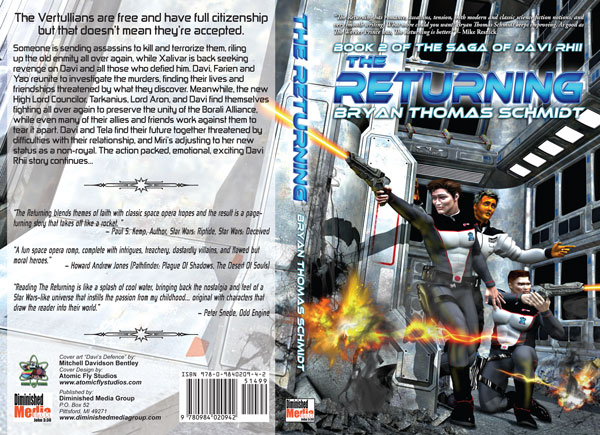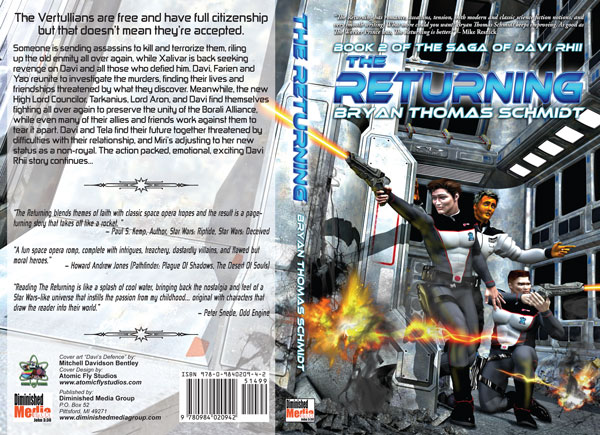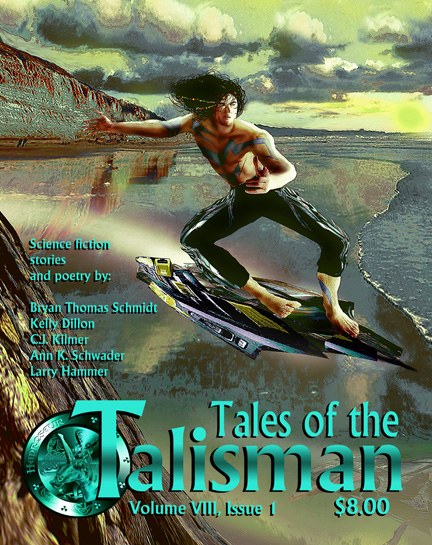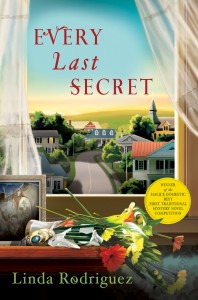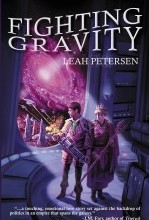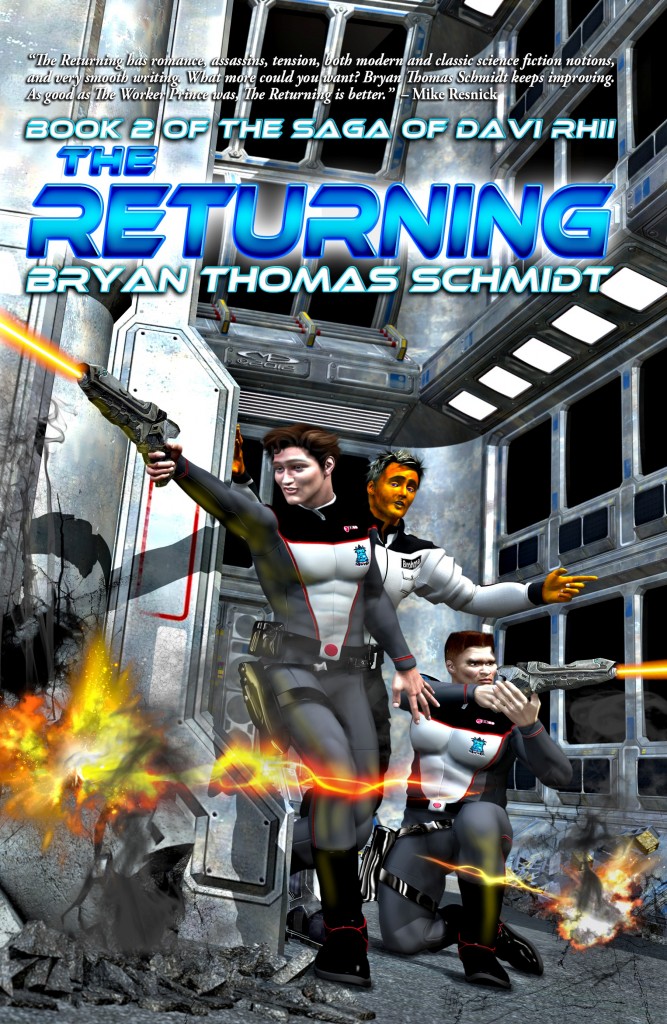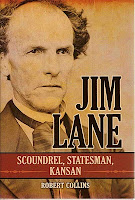 Recently I’ve been copyediting The Very Best Book Of Baby Names by Barbara Kay Turner, and it’s gotten me thinking a lot about naming characters. Character naming is an important consideration for many reasons. One, you want memorable names which stick with readers for a long time. Two, you want names that are decipherable by readers’ minds i.e. names they can sound out mentally somehow. Three, you want names that make sense in the culture and world and follow some sort of decipherable pattern or at least seem to fit together as classes based on people groups, etc. Four, names can have symbolic meanings which play a role in defining characters. Sometimes the formality or informality of it is important. A character who calls another by a nickname is assume to have a closer relationship with that character than another person who uses the formal name. I’m sure I could list other considerations.
Recently I’ve been copyediting The Very Best Book Of Baby Names by Barbara Kay Turner, and it’s gotten me thinking a lot about naming characters. Character naming is an important consideration for many reasons. One, you want memorable names which stick with readers for a long time. Two, you want names that are decipherable by readers’ minds i.e. names they can sound out mentally somehow. Three, you want names that make sense in the culture and world and follow some sort of decipherable pattern or at least seem to fit together as classes based on people groups, etc. Four, names can have symbolic meanings which play a role in defining characters. Sometimes the formality or informality of it is important. A character who calls another by a nickname is assume to have a closer relationship with that character than another person who uses the formal name. I’m sure I could list other considerations.
I’ve posted on naming considerations before in Write Tips here, but what a great resources this naming book has turned out to be. I highly recommend the purchase of it or one like it by all authors. Delabarre Publishing is coming out with an ebook version of Turner’s book very soon, for example.
The beauty of books like this is that they examine names based on a number of helpful factors: genetic appropriateness, tradition, popularity, cultural origins, spellings, usages, etc. They dig into how names are created and used and all sorts of considerations which many authors might not even consider in choosing names. Names can be a way to say a whole lot with very few letters: about your character, your world, etc. There’s so much to think about when writing a book. Some authors spend years considering every little detail, others make decisions quickly and move on to the work of prose. There’s no wrong or right if it works in the end, but internalizing some of this information can add depth to your choices and weapons to your arsenal which will improve your writing and the reading experience for readers of your work.
Here are some examples of charts which could be useful from Turner’s book:
Traditional Boys’ Names (Western world)
Aaron
Adam
Alan, Allen, Albert
Alexander
Andrew, Drew
Anthony
Arthur
Benjamin
Bradley
Brian, Bryan <—- For some reason, I’m really attached to this one
Bruce
Carl, Karl
Charles
Christopher
Colin
Craig, Greg, Gregory
Curtis
Daniel
David
Dennis
Derek
Donald
Douglas
Edgar, Edward, Edwin
Eric, Erik
Ethan
Eugene, Gene
Evan
Frank, Francis
Gabriel
Garrett
George
Gerald
Grant
Henry
Ivan
Jacob
James
Jared
Jason
Jeffrey
Jeremy
Joel
John, Jonathan
Jordan
Joseph
Joshua
Julian
Justin
Keith
Kenneth
Kevin
Lawrence
Louis
Luke
Mark
Martin
Matthew
Michael
Mitchell
Nathan
Nathaniel
Nicholas
Oscar
Patrick
Paul
Peter
Phillip, Philip
Preston
Randall
Raymond
Richard
Robert
Rodney
Roger
Ronald
Ross
Russell
Ryan
Samuel
Simon
Spencer
Steven, Stephen
Stuart
Theodore
Thomas
Timothy
Trent
Victor
Vincent
Walter
Wayne
William
Zachary
Traditional Girls’ Names (Western world)
Abigai
Adrienne
Alexandra, Alexis
Alice, Alison, Allison
Amanda
Andrea, Ann, Anna, Anne
Barbara
Brenda
Brooke
Candice, Candace
Carol, Carole
Carolyn, Caroline
Catherine
Christine, Christina
Claire
Claudia
Cynthia
Danielle
Deborah, Debra
Denise
Diana, Diane
Elizabeth
Emily
Erica, Erika
Evelyn
Gabrielle
Hannah
Helen
Irene
Jane, Janet
Jessica
Joanne, Joanna
Josephine
Judith
Julia
Justine
Karen
Katherine, Kathryn
Kristen, Kristin
Lara, Lora, Laura, Lauren
Linda
Lindsey, Lindsay
Margaret
Marie, Maria, Mary
Martha
Mercedes
Melinda
Miranda
Natalie
Nicole, Nichole
Olivia
Pamela
Patricia
Priscilla
Rachel, Rachael
Rebecca
Renee, Renae
Roberta
Ruth
Sarah, Sara
Sharon
Stephanie
Susan
Sylvia
Teresa, Therese, Theresa
Veronica
Victoria
Virginia
Okay, those are pretty standard for those of us in the Western World, but they are recognizable and probably frequently jump to mind. What if you want something more exotic or a better mix? How about international names with variant spellings? Some were included on the above list and some were not:
International Names for Girls
Alexandra, Alastar, Alexina (English, Gaelic); Alixandra (French); Alejandra, Allessandra (Spanish/Italian); Alexandra (Scandinavian/ German); Aleksandra(Slavic)
Alice, Ailis, Alison (English, Gaelic); Alice (French); Alicia (Spanish, Italian); Elka (Scandinavian/German); Alisia (Slavic)
Angel, Angelica, Aingeal (English, Gaelic); Angele, Angelique (French), Angelita, Angela (Spanish/Italian); Angelika (Scandinavian/German); Andelka (Slavic)
Ann, Aine (English/Gaelic); Anne (French); Ana/Anna (Spanish/Italian); Anni, Annika (Scandinavian/German); Anya (Slavic)
Barbara, Bairbre (English, Gaelic); Barbe (French); Barbara (Spanish/Italian); Birgit/Brigitta (Scandinavian/German); Brygida (Slavic)
Carol, Carrol (English, Gaelic); Carole (French); Carola/Carolina (Spanish/Italian); Karel/Karol (Scandinavian/German); Karola (Slavic)
Christine, Christina, Kirstie, Cristiona (English, Gaelic); Christine (French); Cristina (Spanish/Italian); Kristin/Kirsten (Scandinavian/German); Krystyna, Kristina (Slavic)
Eleanor, Elinor, Elionora (English, Gaelic); Eleonore, Alinor (French); Leanor/Eleonora (Spanish/Italian); Leanora/Eleonora (Scandinavian/German); Eleni (Slavic)
Elizabeth, Elspeth (English, Gaelic); Elise (French); Isabel/Elisabetta (Spanish/Italian); Elisabet/Elsbeth (Scandinavian/German); Elzbieta (Slavic)
Frances, Proinseas (English, Gaelic); Francoise (French); Francisca/Francesca (Spanish/Italian); Frans/Franziska (Scandinavian/German); Franciszka (Slavic)
Helen, Aileen (English, Gaelic); Helene (French); Elenor/Lena/Elna/Helena (Scandinavian/German); Alena, Olena (Slavic)
Jane, Sinead, Janet (English, Gaelic); Jeanne (French); Juana/Giovanna, Gianna (Spanish/Italian); Johanna (Scandinavian/German); Jana, Ivana (Slavic)
Katherine, Caitrin, Catriona (English, Gaelic); Catherine, Cateline (French); Catalina, Caterina (Spanish/Italian); Karin, Katerine (Scandinavian/German); Katrina, Ekaterina (Slavic)
Madeline, Madailein (English, Gaelic); Madeleine (French); Magdalena/Maddelena (Spanish/Italian); Magdalene (Scandinavian/German); Magdalina (Slavic)
Margaret, Mairead (English, Gaelic); Marguerite (French); Margarita/Margherita (Spanish/Italian); Margareta, Margit (Scandinavian/German); Marketa (Slavic)
Mary, Maire, Moira, Mairi (English, Gaelic); Marie, Maree (French); Maria (Spanish/Italian); Marieke/Marie (Scandinavian/German); Marinka, Marya (Slavic)
Susan, Siusan (English, Gaelic); Suzanne (French); Susana/Susanna (Spanish/Italian); Susanne, Sanna (Scandinavian/German); Zuzanna (Slavic)
International Names for Boys
Alexander, Alasdair, Alistair (English, Gaelic); Alexandre (French); Alejandro, Alessandro (Spanish/Italian); Alexander (Scandinavian/German); Alexsandr, Aleksander (Slavic)
Andrew, Aindreas, Andra (English, Gaelic); Andre (French); Andres/Andrea (Spanish/Italian); Anders/Andrea (Scandinavian/ German); Andrei (Slavic)
Anthony, Antaine (English, Gaelic); Antoine (French); Antonio (Spanish/Italian); Anton (Scandinavian/German); Antoni, Anton (Slavic)
Benedict, Benedict (English, Gaelic); Benoit (French); Benito/Benedetto (Spanish/Italian); Benedikt (Scandinavian/German); Benedek (Slavic)
Charles, Searlas, Cormac (English, Gaelic); Charles (French); Carlos/Carlo (Spanish/Italian); Karl (Scandinavian/German); Karol, Karel (Slavic)
Christopher, Criostoir, Kester (English, Gaelic); Christophe (French); Crisobal/Cristoforo (Spanish/Italian); Christoph, Kristoffer (Scandinavian/German); Krystof (Slavic)
Edmund, Eamon (English, Gaelic); Edmond (French); Edmundo/Edmondo (Spanish/Italian); Edmund (Scandinavian/German); Edmon (Slavic)
Edward, Eamon (English, Gaelic); Edouard (French); Eduardo/Edoardo (Spanish/Italian); Edvard/Eduard (Scandinavian/German); Edvard (Slavic)
Frank, Francis, Proinsias (English, Gaelic); Francois (French); Francisco/Francesco (Spanish/Italian); Frans/Frantz (Scandinavian/German); Franc, Franek (Slavic)
Frederick, Fardoragh (English, Gaelic); Frederic (French); Frederico (Spanish/Italian); Frederik/Friedrich (Scandinavian/German); Fryderyk, Fredek (Slavic)
Geoffrey, Jeffrey, Sieffre, Siofrai (English, Gaelic); Geoffroi (French); Godofredo/Geoffredo (Spanish/Italian); Gottfried (Scandinavian/German); Gotfrid (Slavic)
George, Geordi (English, Gaelic); Georges (French); Jorge/Giorgio (Spanish/Italian); Jorgen/Jeorg (Scandinavian/German); Georgi, Yuri (Slavic)
Gregory, Grigor (English, Gaelic); Gregoire (French); Gregorio (Spanish/Italian); Joris/Greger (Scandinavian/German); Grigor, Grigori (Slavic)
Henry, Einri (English, Gaelic); Henri (French); Enrique/Enrico (Spanish/Italian); Hendrik/Heinrich (Scandinavian/German); Henrik (Slavic)
James, Jacob, Seamus (English, Gaelic); Jacques (French); Jaime/Giacomo (Spanish/Italian); Jakob (Scandinavian/German); Yakov (Slavic)
John, Sean, Shaun, Shane, Ian (English, Gaelic); Jean (French); Juan/Giovanni, Gianni (Spanish/Italian); Jon, Johan (Scandinavian/German); Jan, Ivan (Slavic)
Joseph, Ioseph (English, Gaelic); Josephe (French); Jose/Giuseppe (Spanish/Italian); Josef (Scandinavian/German); Josef, Jozef (Slavic)
Laurence, Lorcan (English, Gaelic); Laurent (French); Lorencio/Lorenzo (Spanish/Italian); Lars, Lorenz (Scandinavian/German); Lavrenti (Slavic)
Lewis, Louis, Llewelyn (English, Gaelic); Louis (French); Luis/Luigi (Spanish/Italian); Ludvig/Ludwig (Scandinavian/German); Ludwik, Ludvik (Slavic)
Luke, Lucas (English, Gaelic); Luc, Lucien (French); Lucas/Lucca (Spanish/Italian); Lukas/Lucius (Scandinavian/German); Lukas, Luka (Slavic)
Mark, Marcas (English, Gaelic); Marc (French); Marcos/Marco (Spanish/Italian); Markus (Scandinavian/German); Mark, Marko, Marek (Slavic)
Martin, Martainn, Mairtin (English, Gaelic); Martin (French); Martin/Martino (Spanish/Italian); Marten, Martel (Scandinavian/German); Martinas, Martyn (Slavic)
Matthew, Maitias (English, Gaelic); Mathieu (French); Mateo/Matteo (Spanish/Italian); Mattias/Mathias (Scandinavian/German); Matyas, Matei (Slavic)
Michael, Micheal (English, Gaelic); Michel (French); Miguel/Michele (Spanish/Italian); Mikael, Mikkel (Scandinavian/German); Michal, Mikhail (Slavic)
Nicholas, Nicol, Nicolas (English, Gaelic); Nicholas (French); Nicolas/Niccolo (Spanish/Italian); Niklas, Nikolaus (Scandinavian/German); Nikolai (Slavic)
Paul, Pol (English, Gaelic); Paul (French); Pablo/Paolo (Spanish/Italian); Poul, Pavel (Scandinavian/German); Pavlo, Pavlik (Slavic)
Peter, Peadar (English, Gaelic); Pierre (French); Pedro/Pietro (Spanish/Italian); Per, Piet (Scandinavian/German); Pyotr (Slavic)
Philip, Filip (English, Gaelic); Philippe (French); Felipe/Felippo (Spanish/Italian); Filip/Philipp (Scandinavian/German); Filip (Slavic)
Richard, Rickard (English, Gaelic); Richard (French); Ricardo/Riccardo (Spanish/Italian); Rikard/Richert (Scandinavian/German); Rikard, Rostik (Slavic)
Robert, Riobard (English, Gaelic); Robert (French); Roberto (Spanish/Italian); Robert/Ruprecht (Scandinavian/German); Rupert (Slavic)
Stephen, Steven, Steaphan (English, Gaelic); Etienne (French); Esteban/Stefano (Spanish/Italian); Stefan, Stephan (Scandinavian/German); Stefan (Slavic)
William, Liam (English, Gaelic); Guillaume (French); Gillermo/Guglielmo (Spanish/Italian); Vilhelm/Wilhelm (Scandinavian/German); Vilem, Vilmos (Slavic)
Okay, not exotic enough? How about some African names then:
African Names for Girls
Ada (Nigerian) “First daughter.”
Adanna (Nigerian) “Her father’s daughter.”
Aisha, Aysha, Ayeisha (Swahili/Arabic) “Life.”
Alika (Nigerian) “Most beautiful.”
Ama, Ami (Ghanese) “Saturday’s child.”
Amadi (Nigerian) “Rejoicing.”
Amina (Swahili/Arabic) “Trustworthy.”
Ashia (Somali) “Life.”
Aziza (Swahili/Arabic) “Precious.”
Chika (Nigerian) “God is supreme.”
Chinara (Nigerian) “God receives.”
Dalila (Swahili) “Gende.”
Deka (Somali) “Pleasing.”
Folasade (Yoruban) “Honor confers a crown.”
Jamila (Swahili) “Chaste, holy.”
Jina (Swahili) “Name.”
Kalifa, Kalifah (Somali) “Chaste, holy.”
Katifa (Arabic) “Flowering.”
Layla (Swahili) “Dark; born at night.”
Lulu (Tanzanian) “Pearl.”
Marjani (Swahili) “Coral.”
Nadja (Uganda) “Second born.”
Neema (Swahili) “Born in prosperity.”
Ola (Nigerian) “Precious.”
Rasheedah (Swahili/Arabic) “Righteous.”
Sade, Sharde (Yoruban) Short form of Folasade.
Safiya (Swahili) “Pure.”
Shani (Swahili) “A marvel; wondrous.”
Zahra (Swahili) “Flowering.”
Zalika (Swahili/Arabic) “Well-born.”
African Names For Boys
Abdalla (Swahili) “God’s servant.”
Ajani (Yoruban) “Struggles to win.”
Aren (Nigerian) “Eagle.”
Chike (Nigerian) “God’s power.”
Ekon (Nigerian) “Strong.”
Faraji (Swahili) “Consolation.”
Haji (Swahili) “Pilgrim to Mecca.”
Hasani (Swahili) “Handsome.”
Jabari (Swahili) “Valiant.”
Kato (Uganda) ‘Twin.”
Mongo (Yoruban) “Famous.”
Nuru (Swahili) “Born in daytime.”
Omari (Swahili) “God the highest.”
Rashidi (Swahili) “Counselor.”
Salim (Swahili) “Peace.”
Tau (African) “Lion.”
Still not enough? Oh man you people are demanding. Okay, how about creating your own names? Here’s some tools which can help you create names that sound common even if they aren’t:
Basic Name Endings
a, i, ee, ie, y, ye, ia, ea, ae, an, en, in, ian, ien
ann, anne, ana, ahna, anna, ani, anni, anee, ianne, ianna
een, ene, ena, enna, ienne, ine, ina, inda, ita
ele, ell, elle, ella, iel, iell, ielle, iela, iella
ess, esse, essa, eesa, eece, iesa, iessa, isha, icia
ette, etta, iette, iara, iera, ille, ila, ilia
iss, isse, issa, ise, isa, ice, ica, icka, ika oni, onie, ona, onna, iona, ionna, ionne
Name Endings Plus Consonants
bel, bell, belle, bella
chel, chelle, chele, chella
ceen, cine, cene, cina, cinda, coya, cacia
da, die, dee, del, dell, delle, della
dine, deen, dina, dene, dena, dean, deane, dona, donna
gine, gina, geen, geena, ginny, gini
keisha, kisha, kesha, keesha
kie, kee, kia, keta, kita, keeta, kiya, kira
lana, lani, lanna, londa, linda
lane, laine, laina, layne, layna
lee, lie, lia, lea, leah, lita, leila
lin, linn, linne, linna, lyn, lynn, lynne, lynna
line, lina, leen, leena, lene, lena
lisa, lise, leese, leesa, leeza, liza, licia, lisha
liss, lisse, lissa, lyssa, lesse, lessa
mika, mica, meka, meisha, mesha, misha
nae, naya, nea, nia, nel, nell, nelle, nella
neece, neese, nice, nicia, nesha, neisha, nisha, niesha
ness, nesse, nessa, neesa, nissa, nisa
net, nette, netta, nita, nica, nika, niqua, nique
nille, neille, neil, nora
quise, quita, quetta
rae, raia, ray, raya, raye, raine, raina, rayna
ree, reese, rice, rise, risa, rysa, ressa
rell, relle, risse, rissa, reesha, rona, ronna, ronda
rene, reen, rina, rena, rienna, rill, rille
sha, shah, shay, shae, shai, saundra, sondra
shan, shana, shanna, shonna, shawna, shaunda
te, tee, tae, tai, taye, tia, tiya, tel, telle
teen, teena, tine, tina, tana, tasha, tisha, tosha
tesse, tessa, tonia, tonya, tori, tory, toria
treece, trice, trise, trisa, tricia
vette, vetta, viette, vietta
von, vonne, vonna, vonda, vona
Name Endings Favored For Boys
an, en, in, on, ano, ino, ion, ian, ien, o, yo
andre, andro, aundre, ante, ondre, onte
del, dell, tel, trel, quel
jon, juan, Ion, lonn, leon
mar, mario, marco, marcus, mond, mont, monte
rik, rek, rak, rick, rel, ron, ray
sean, shawn, shaun, shane
van, von, vonn, vaughn, vonte, vel, vell
If those still aren’t enough, maybe you want something a bit more fantastical? Try these sites: The Fantasy Name Generator, Dwarf Name Generator, Character Name Generator, Elven Name Generator and there are plenty more.
I hope this is helpful. Love to hear suggestions in the comments below. For what it’s worth…
 Bryan Thomas Schmidt is the author of the space opera novels The Worker Prince, a Barnes & Noble Book Clubs Year’s Best SF Releases of 2011 Honorable Mention, and The Returning, the collection The North Star Serial, Part 1, and several short stories featured in anthologies and magazines. He edited the anthology Space Battles: Full Throttle Space Tales #6 for Flying Pen Press, headlined by Mike Resnick. As a freelance editor, he’s edited a novels and nonfiction. He’s also the host of Science Fiction and Fantasy Writer’s Chat every Wednesday at 9 pm EST on Twitter under the hashtag #sffwrtcht. A frequent contributor to Adventures In SF Publishing, Grasping For The Wind and SFSignal, he can be found online as @BryanThomasS on Twitter or via his website. Bryan is an affiliate member of the SFWA.
Bryan Thomas Schmidt is the author of the space opera novels The Worker Prince, a Barnes & Noble Book Clubs Year’s Best SF Releases of 2011 Honorable Mention, and The Returning, the collection The North Star Serial, Part 1, and several short stories featured in anthologies and magazines. He edited the anthology Space Battles: Full Throttle Space Tales #6 for Flying Pen Press, headlined by Mike Resnick. As a freelance editor, he’s edited a novels and nonfiction. He’s also the host of Science Fiction and Fantasy Writer’s Chat every Wednesday at 9 pm EST on Twitter under the hashtag #sffwrtcht. A frequent contributor to Adventures In SF Publishing, Grasping For The Wind and SFSignal, he can be found online as @BryanThomasS on Twitter or via his website. Bryan is an affiliate member of the SFWA.


